Beyond the Grind: Nurturing Your Connections for Greater Well-being and Fulfilment
For years, maybe decades, your focus was sharp, your energy directed. The climb, the deal, the project, the legacy – these often took centre stage. Whether you were scaling the corporate ladder, building your own venture from the ground up, or navigating the transition into retirement, the emphasis could easily have drifted towards individual achievement and the tangible metrics of success.
But what happens when the daily grind shifts, slows, or even stops? What remains when the emails quieten, the deadlines fade, and the familiar routines dissolve? Often, what’s left is a landscape where the importance of something fundamental, something consistently vital to our well-being, can either flourish or, unfortunately, feel a little… neglected. That something is the power of human connection.
We, particularly men, can sometimes fall into the trap of believing that independence equates to isolation, that self-reliance means going it alone. We build walls, brick by careful brick, often without even realising it. We become masters of our own domains, but in doing so, we can inadvertently shut ourselves off from the very nourishment that sustains us on a deeper level: meaningful connections with others.
The Quiet Erosion of Connection: A Story Many Know
Think about it. How often, in the pursuit of your goals, did social engagements become secondary? Networking events for business, yes, but genuine connection, the kind that fills your cup rather than drains it? Perhaps those fell by the wayside as time became a precious, finite resource.
For those recently retired, the structured social interactions of the workplace – the water cooler chats, the team lunches, the shared projects – vanish, sometimes leaving a void. For business owners and entrepreneurs, the relentless demands of their ventures can lead to long hours and a feeling of being solely responsible, pushing personal connections to the periphery.
One of the biggest traps you can fall into is when isolation becomes a breeding ground for negative self-talk. When we’re alone with our thoughts for too long, those inner critics can amplify, whispering doubts and anxieties that might be readily challenged and diffused by a simple conversation with a trusted friend.

Why Connection Isn't a Luxury, It's a Necessity
Human beings are inherently social creatures. Our brains are wired for connection. From an evolutionary perspective, belonging to a group meant survival. That deep-seated need for connection hasn't vanished in our modern world; it has simply become less overtly critical for immediate survival but remains profoundly important for our psychological and emotional well-being.
Science speaks for itself. Numerous studies have shown the profound impact of social connection on our health:
Improved Mental Health: Strong social support networks are linked to lower rates of depression, anxiety, and even cognitive decline. Sharing our burdens, our joys, and our vulnerabilities with others provides a vital emotional release and a sense of belonging.
Enhanced Physical Health: Surprisingly, social connection has been linked to better cardiovascular health, a stronger immune system, and even a longer lifespan. Loneliness, on the other hand, can be as detrimental to our health as smoking or obesity.
Increased Resilience: When life throws its inevitable curveballs, having strong relationships provides a buffer, a source of strength and support that helps us navigate challenges and bounce back more effectively.
Greater Sense of Purpose and Meaning: Feeling connected to others and contributing to their lives can imbue our own lives with a greater sense of purpose and meaning, especially during times of transition like retirement.
Reduced Stress:
Simply having someone to talk to, someone who listens without judgment, can significantly reduce stress levels and provide a sense of calm.
Rebuilding Bridges and Nurturing New Growth
If the landscape of your social connections feels a little sparse, or if you recognise the tendency to isolate, the good news is that it’s never too late to rebuild bridges and cultivate new connections. It doesn't require a complete overhaul of your life, but rather conscious and consistent effort.
Practical Steps to Cultivate Connection
1. Reach Out to Existing Contacts: Think about friends, family members, or former colleagues you’ve lost touch with. A simple phone call, email, or message can be the first step in rekindling a valuable connection. Don't underestimate the power of a "thinking of you" message.
2. Be Intentional About Social Activities: Schedule social engagements into your week, just as you would important appointments. This could be a coffee with a friend, a walk with a neighbour, joining a club or group with shared interests, or volunteering for a cause you care about.
3. Embrace Vulnerability (Gradually): Sharing your thoughts and feelings, even the difficult ones, can deepen your connections with others. It allows for reciprocal sharing and builds trust. This might feel uncomfortable at first, but the rewards of authentic connection are significant.
4. Listen Actively: Connection isn't just about talking; it's about truly listening to others. Show genuine interest in what they have to say, ask follow-up questions, and be present in the conversation.
5. Find Shared Interests: It sounds cliche but connecting with people who share your hobbies or passions can be a natural and enjoyable way to build relationships. Consider joining a book club, a hiking group, a photography class, or any activity that sparks your interest and brings you into contact with like-minded individuals. What guy hasn’t considered a cycling group?!
6. Utilise Technology Mindfully: While technology can sometimes contribute to isolation, it can also be a tool for connection. Join online communities related to your interests, schedule virtual calls with distant friends or family, but be mindful of balancing online interaction with in-person connections. Make Zoom your friend if you haven’t already!
7. Be Open to New Friendships: Life is a constant evolution, and so are our social circles. Be open to meeting new people in different contexts – through your hobbies, your community, or even through introductions from existing friends. This is something I find more enriching in my later years in life.
8. Practice Self-Compassion: If you find yourself struggling with loneliness or feeling disconnected, be kind to yourself. Acknowledge the feeling without judgment and take small, manageable steps towards building more connection in your life. We’re all the hardest critics when it comes to ourselves. Don’t let your critic derail you from living your best life.
The Ripple Effect: Connection and Overall Fulfilment
Nurturing your connections isn't just about staving off loneliness; it's about actively enriching your life. Strong social bonds contribute significantly to our overall sense of well-being and fulfilment. They provide:
A Sense of Belonging: Knowing that you are valued and accepted by others is fundamental to our emotional health.
Emotional Support: Having people to turn to during difficult times can make challenges feel less overwhelming and more manageable.
Shared Celebrations: Sharing positive experiences with others amplifies those feelings and creates lasting memories. It doesn’t matter how small - if it’s significant to you then that’s all that matters.
New Perspectives: Engaging with diverse viewpoints can broaden your understanding of the world and challenge your own assumptions, leading to personal growth. I can’t recommend this enough. The more we can adapt to new ideas that serve us, and remove old ones that don’t, the more life has to offer.
A Feeling of Contribution: Being there for others, offering support and friendship, can provide a profound sense of purpose and satisfaction.
Reconnecting with Yourself Through Others
Ultimately, nurturing your external connections can also lead to a deeper connection with yourself. When we feel seen, heard, and understood by others, it reinforces our own sense of self-worth and belonging. It can quieten those negative inner voices and remind us of our value.
So, whether you're navigating the open waters of retirement, steering the ship of your own business, or simply feeling the need for more meaningful connections in your life, remember that reaching out isn't a sign of weakness, but an act of strength and self-care. Investing in your relationships is an investment in your overall well-being and your journey towards a more fulfilling and connected life.
Take that first step today. Reach out. Connect. You might be surprised by the warmth and richness that awaits.











